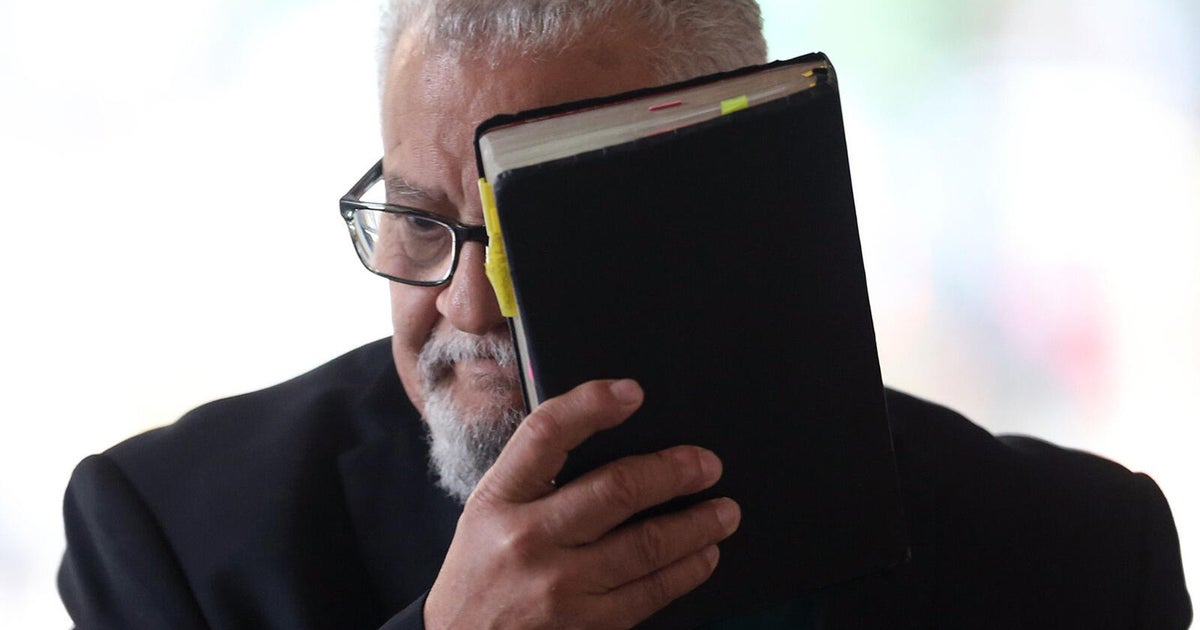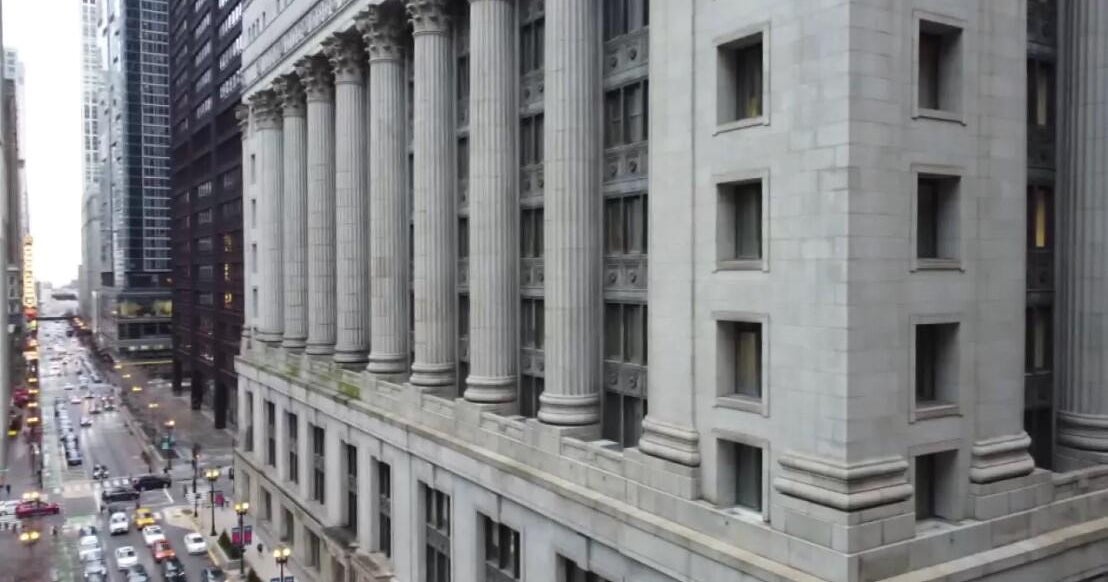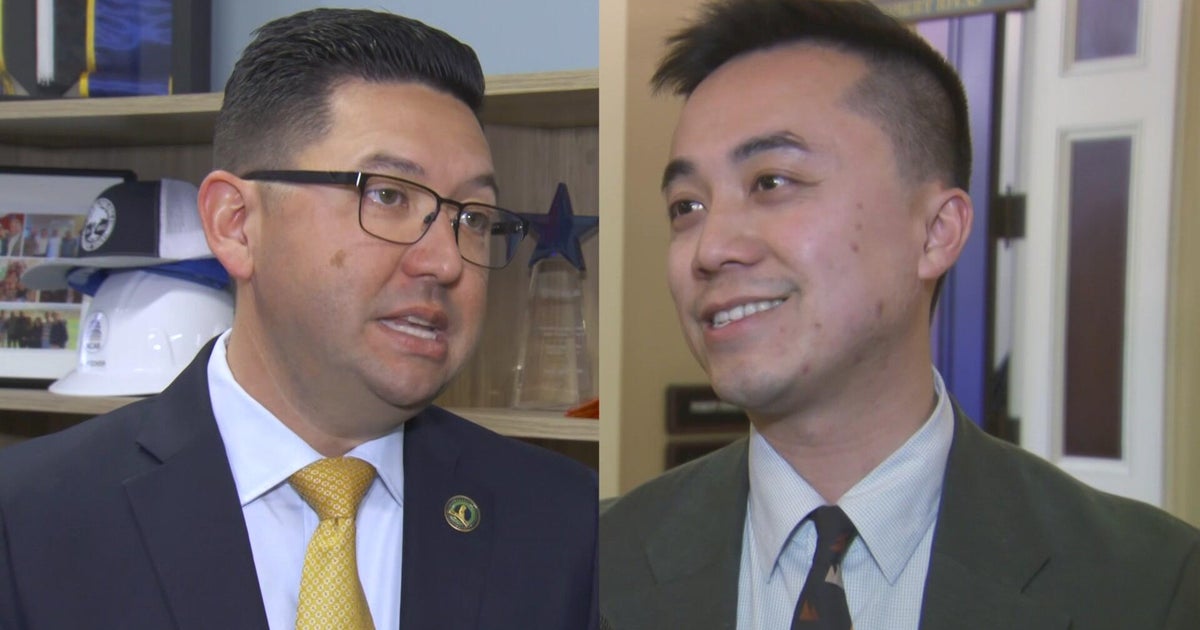No consensus on Chicago city budget with less than a month to go before deadline
CHICAGO (CBS) -- It was down to less than a month Tuesday until the City of Chicago is legally required to pass a new budget—and there was still little consensus in City Council Chambers.
A balanced city budget must be passed by the end of the year. As of Tuesday, Dec. 2, there was no deal in sight with the Dec. 31 deadline in place.
A $60 million property tax hike to balance the budget is now on the table. This is much lower than the $300 million that Mayor Brandon Johnson originally proposed.
The $60 million hike is also more in line with the rate of inflation. But it won't be enough to make up for the city's $1 billion budget gab.
"I get the noise around my administration," Mayor Johnson said Monday. "I'm doing it differently."
Mayor Johnson has called himself "collaborator in chief"—promising to listen to suggestions aldermen have to balance next year's budget.
But some alders said there is little consensus at City Hall.
"Right now, the way the administration is trying to move forward with new revenue, without any type of efficiencies, is a non-starter," said Ald. Gilbert Villegas (36th).
The alders emphasized that a solution has to be found, and one has not been agreed upon.
"There's still gaps that remain, and those gaps need to be closed by expense cuts or new revenues," said Ald. Jason Ervin (28th).
Some of those ideas floated in the City Council—in addition to the $60 million property tax increase—include possible regulations on Chicago's hemp industry to generate revenue; an increase in the personal property lease tax on cloud services, otherwise known as online storage; and a proposal to increase the city's tax on streaming services to generate another $10 million a year.
Mayor Johnson's critics point out that none of these will be enough to balance the budget. Meanwhile, the mayor himself has promised there will not be layoffs.
"These particular alders who are speaking to individuals? I would ask them this question—who is asking them to lay off Chicagoans?" said Mayor Johnson. "Because the people of Chicago are not asking me to do that."
CBS News Chicago asked the mayor if this meant he was committing to ensure no one gets laid off. Mayor Johnson said yes.
This is also all happening as Springfield has changed the state's prepaid phone tax—which the city said will take away $10 million from its corporate fund and $27 million from its emergency communications found.







